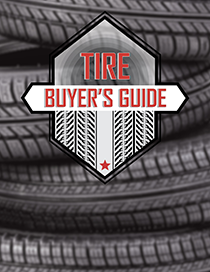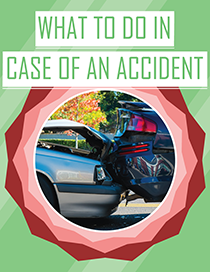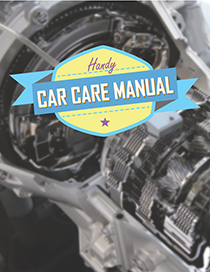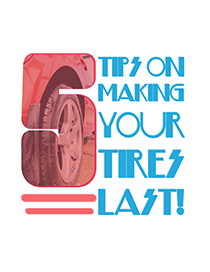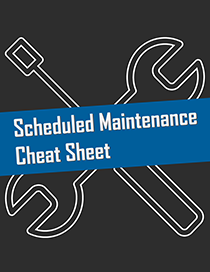Seven Signs Your Brakes Need Service
Neglecting service for your brakes is not only dangerous, it can end up costing you more for repairs down the road. In addition to following the recommended maintenance, it is important that you pay attention to the signs that your brakes may need service.
Brakes are essential to the safe performance of your vehicle. There two standard types of brake systems in today’s vehicles – drum brakes and disc brakes. Drum brake systems incorporate brake shoes that push out against a spinning brake drum that is attached to the wheel. This action slows the car by means of friction. More common today are disc brakes, which incorporate the use of brake pads to squeeze a spinning disc rotor that is attached to the wheel. Since both systems function by creating friction, brake parts are subject to a great deal of wear.
Neglecting service for your brakes is not only dangerous, it can end up costing you more for repairs down the road. In addition to following the recommended maintenance, it is important that you pay attention to the signs that your brakes may need service.
The Car Care Council recommends that drivers watch for seven indications that brakes need to be checked:
- Strange Noises – screeching, grinding or clicking when brakes are applied.
- Vehicle Pulling – a noticeable pull to one side when brakes are applied.
- Soft Brake Pedal – the brake pedal nearly hits the floor before the brakes engage.
- Stiff Brake Pedal – must apply extreme pressure to the pedal before brakes engage.
- Grabbing – brakes engage at the slightest contact with the pedal.
- Vibrating – brake pedal vibrates or pulses, even under normal braking conditions.
- Check Light – the brakes service light on the dashboard is illuminated.
Brakes service usually includes a complete brake system inspection, brake pad or brake shoe replacement, and off-vehicle resurfacing of drums or rotors on the axles that are being serviced.
Don’t take chances with your car’s safety! If you have not had your brakes inspected in a long time or if you have noticed any of the warning signs, contact us today for an appointment.

